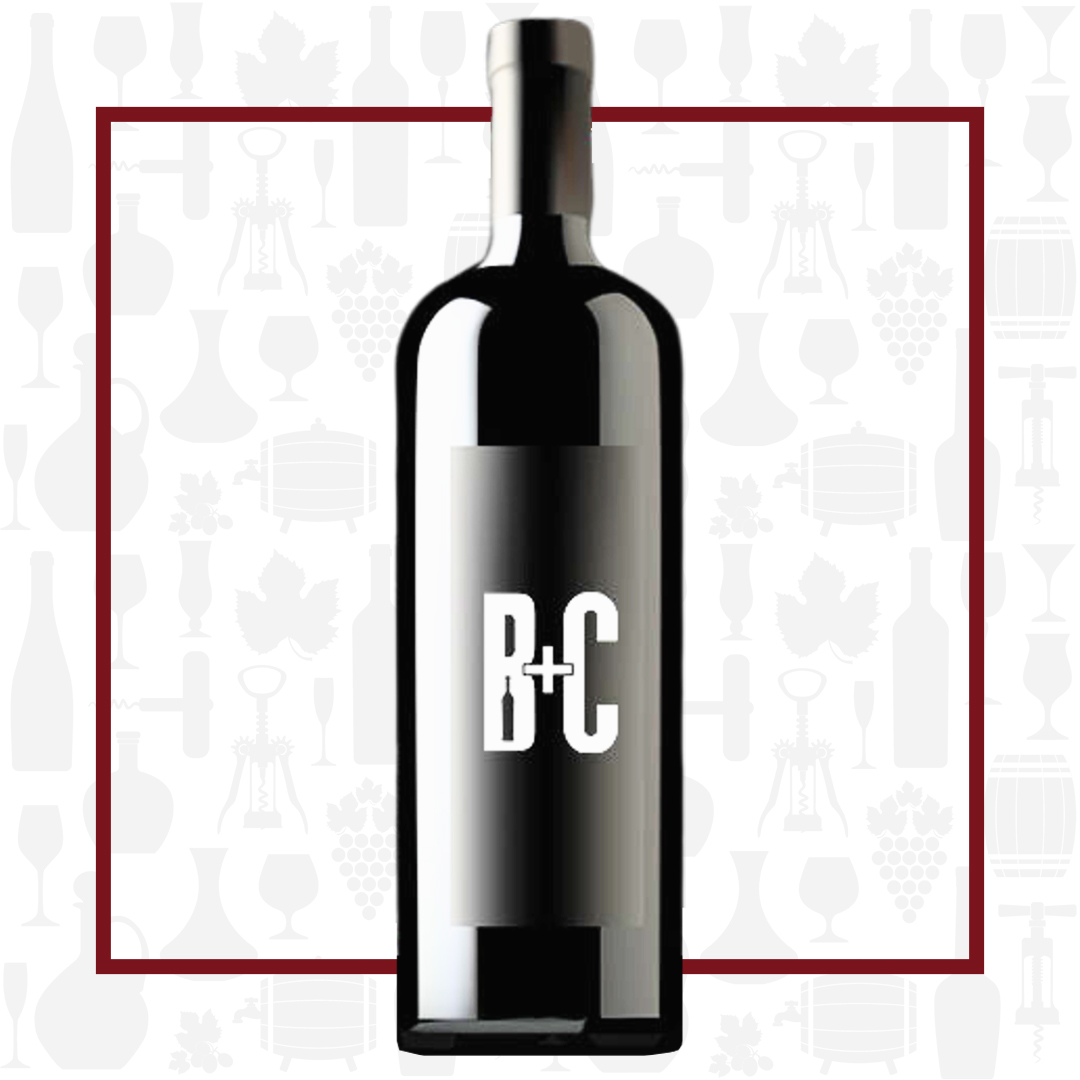Cellar Profile
6th Generation winemakers, the Ossa family, purchased their first parcel of vines in Puemo, Cachapoal Valley in 1824, and are still bottling wines on the estate today. Using a fusion of the most modern techniques, as well as processes steeped in Chilean tradition, Viña la Rosa is one of the most highly-acclaimed Chilean wineries. Puemo is known as one of the best sites on earth for Carménère, and theirs is proof positive of that, with their top bottling, “La Rosa”, displaying the complexity and power the variety can offer when given proper care. Currently under conversion to organic, they have a firm commitment to sustainability, particularly where it comes to their usage of water. Winemaker Gonzalo Carcamo has been at the helm since 2011 and has imprinted his own personal stamp on the wines. Elegance, acidity and fully developed tannins are his hallmarks. The climate is Mediterranean, close to the Pacific Ocean. Stiff breezes during the day and huge temperature shifts in the evenings cool the grapes and allow for a long, slow ripening of the skins. Already well known for producing affordable wines of exceeding quality, Gonzalo’s premium, single vineyard offerings, which retain their price-to-quality ratio, are now the primary focus for the winery.
Region
Puemo is a highly regarded sub-appellation of the Cachapoal Valley. Following the corridor formed by the Cachapoal River, it is inland from the cool Pacific Ocean, allowing for more moderate temperatures than the coast. Its elevation and proximity to the high peaks of the Andes mean that there are huge diurnal temperature drops in the evenings to ensure acid balance. Most of the rains fall during the cool winter months, with frequent periods of drought during the extended growing season. The soils here have a fair amount of clay, with solid water retention, allowing wineries to dry farm if they wish to put the care in. Many of the finest examples of Carménère in the world can be found in this tiny appellation, as the long warm days and cool evenings allow for the long hang times needed to fully ripen these grapes.
Vineyard
Started in 1824, the Estate vineyards have been carefully mapped and observed in order to maximize the terroir. Sitting on alluvial soils of granite and sand, with clay, they are maintained ecologically, without pesticides, and farmed using organic principles.
Winemaking
Selected bunches of hand-harvested grapes from the Cornellana Vineyard are pressed and fermented separately. Each wine undergoes a long, slow fermentation with regular punchdowns. After malolactic fermentation is complete, the wines are aged for 12 months in new French oak before final assemblage. Bottled unfiltered.
Varieties
A proprietary blend of Bordeaux grape varieties with a bit of Syrah, the Don Reca uses Cabernet Franc and Carménère for elegance and freshness, Merlot and Syrah for body and black fruits and Petit Verdot for structure and grip, allowing the finished wine to be better than the sum of its parts.
Tasting Notes
Heady notes of black plum, raspberry, blueberry, white pepper and a hint of menthol. On the palate, rich and textured, with flavours of strawberry, blackberry, anise, mocha and a touch of garrigue. There is great acidity to balance the weight, with a touch of dusty tannins. The length is outstanding, with sweet vanillins from the new oak showing through. Serve with lamb chops, hearty winter stews or enjoy with company as an after dinner sipper.

